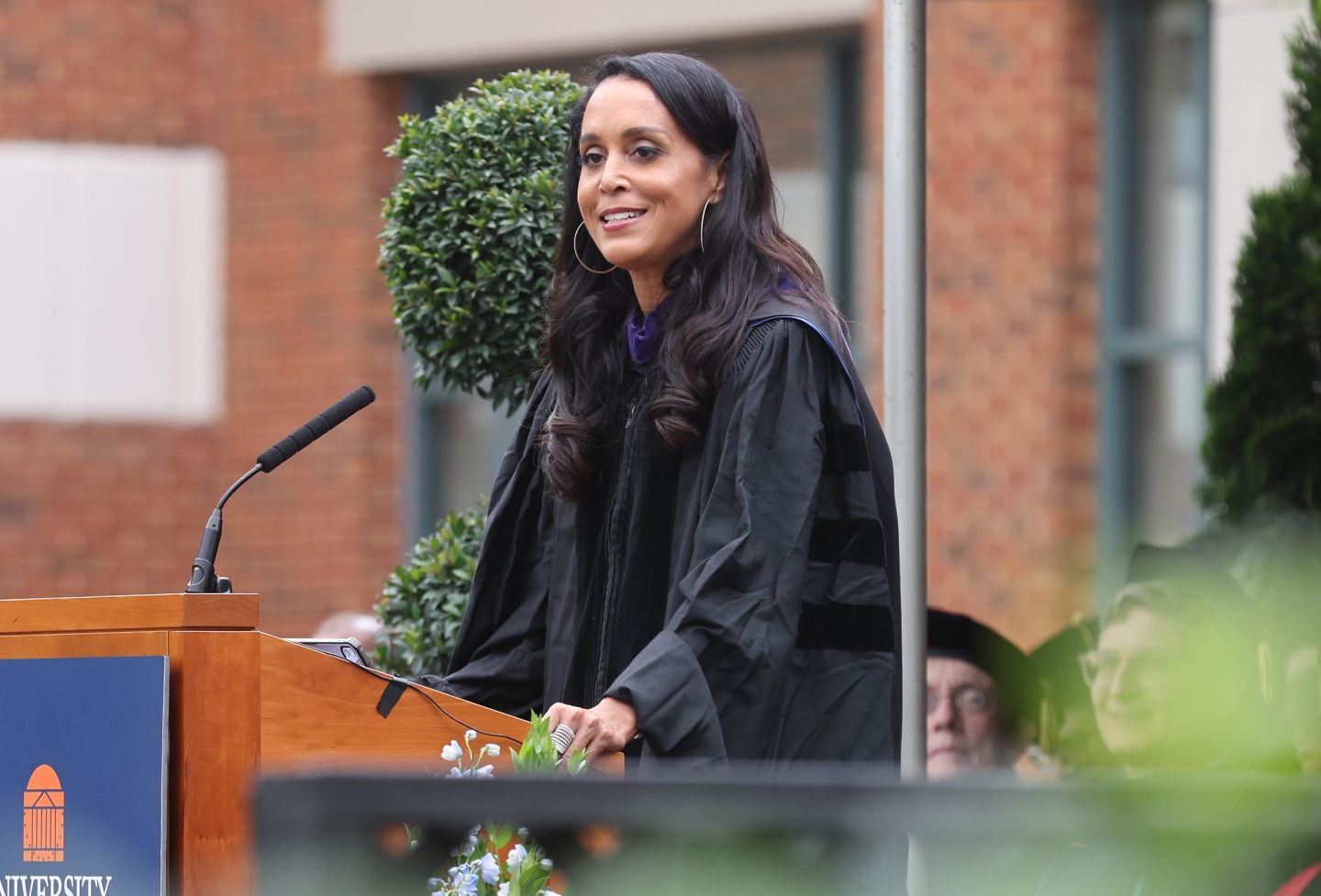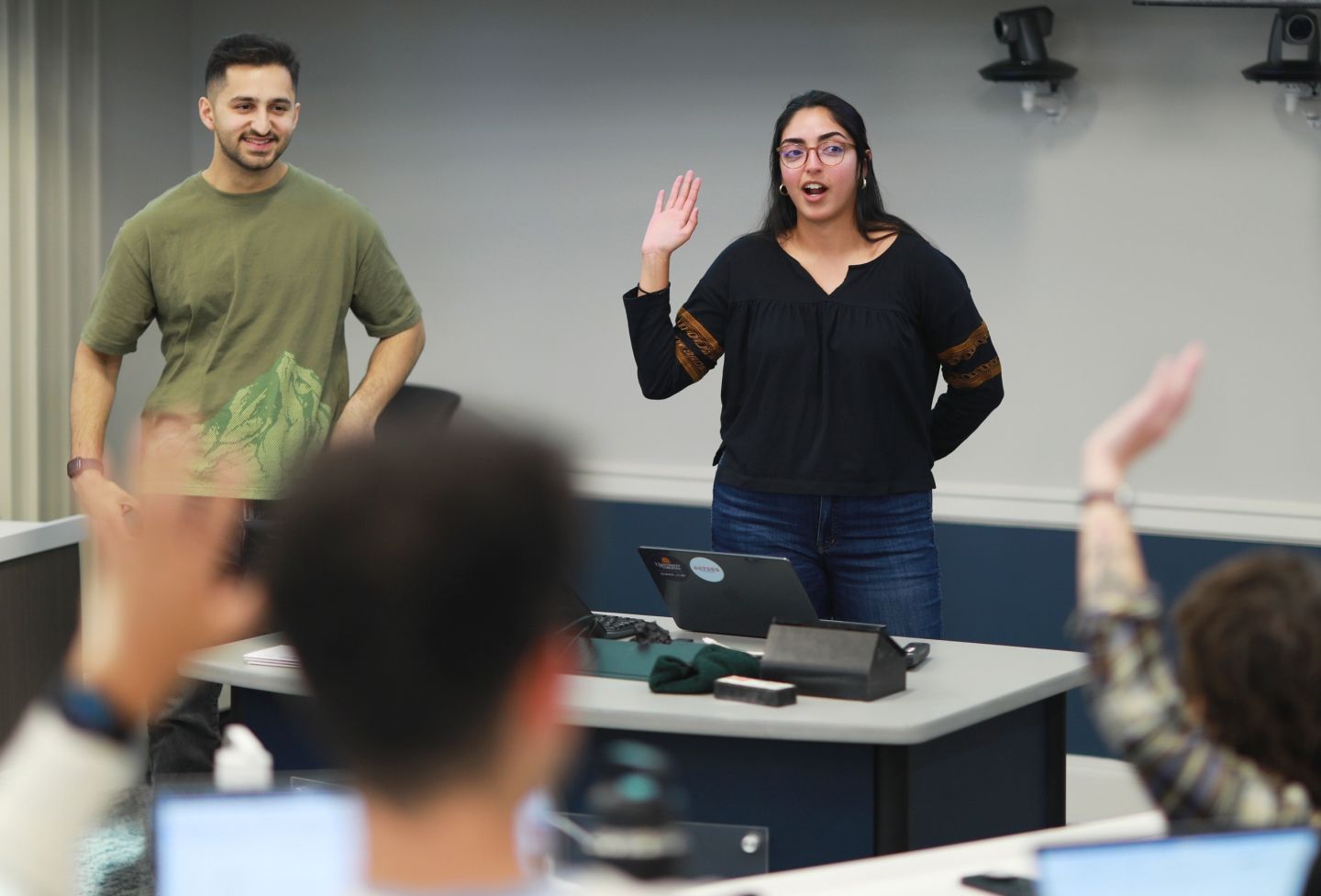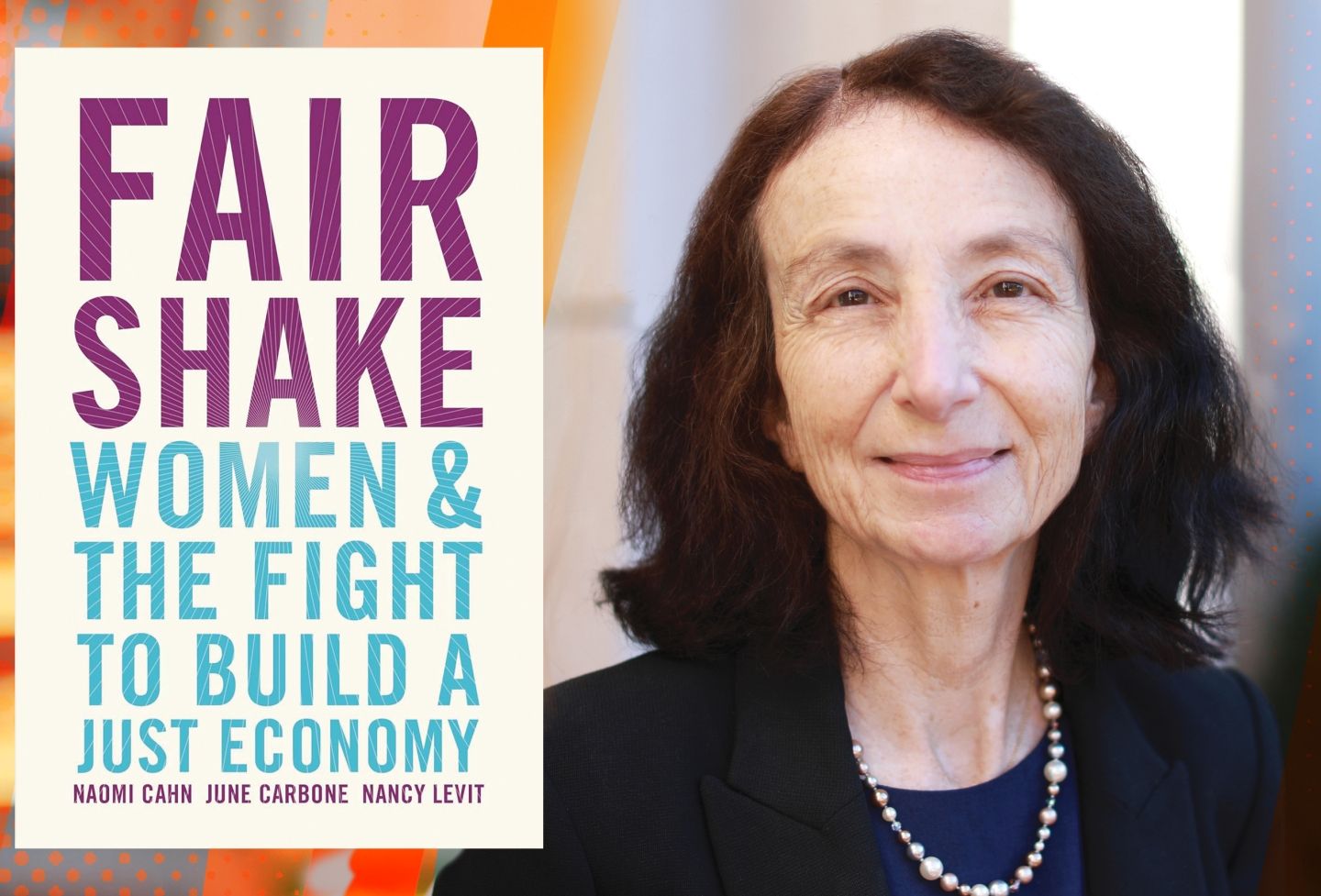Scholars and former government officials will gather next week to discuss more stable and sustainable approaches to immigration control during a symposium at the University of Virginia School of Law.
"The Future of Immigration Enforcement," sponsored by the Immigration Law Program and the Journal of Law & Politics, will take place Oct. 24 from 9:30 a.m.-5 p.m.
"You'll find wide agreement that our immigration enforcement system is broken, but much controversy over what it will take to fix it. This is not just a matter of border security, but more importantly of rethinking approaches to interior enforcement," said Professor David Martin, director of the Immigration Law Program. "The symposium will convene leading figures from academic and governmental circles here at UVA to discuss new ideas and possible courses for enforcement over the coming decade."
Doris Meissner, senior fellow at the Migration Policy Institute and former commissioner of the U.S. Immigration and Naturalization Service, will deliver the keynote address, "The Changing Face of Immigration Enforcement." Participants in the panels include the last two former directors of Immigration and Customs Enforcement, as well as others who have held chief counsel roles in immigration agencies.
The panels will focus on federalism trends and issues, including alternative forms of cooperation between the criminal justice system and the immigration enforcement system, as well the future of federal interior enforcement. The day will conclude with a structured dialogue involving all participants. (Schedule and Participants)
The program will be presented in honor of Martin, who will mark 35 years on the UVA Law faculty next fall. A leading scholar in immigration, constitutional law and international law, and co-author of a leading immigration casebook, Martin has also helped shape immigration and refugee policy during several stints in public service. As principal deputy general counsel of the Department of Homeland Security from January 2009 to December 2010, and in earlier government service at the Department of State and the Department of Justice (including an appointment as general counsel to the Immigration and Naturalization Service from 1995-98), Martin was closely involved in critical legal and policy developments in the immigration field.
The Future of Immigration Enforcement
All events take place in Caplin Pavilion except where noted.
Friday, Oct. 24
Coffee and Breakfast
9:45-11:30 a.m.
Panel I: Federal Interior Enforcement, With and Without Legalization
- Daniel Kanstroom, Boston College Law School
- Stephen Legomsky, Washington University School of Law
- David Martin , University of Virginia School of Law
Discussants:
John Morton, Senior Vice President, Capital One Bank; Former Director, U.S. Immigration and Customs Enforcement
Julie Myers Wood, Chief Executive Officer, Guidepost Solutions; Former Director, U.S. Immigration and Customs Enforcement
Moderator: Doug Ford , University of Virginia School of Law
Lunch and Keynote Address
Doris Meissner, Senior Fellow, Migration Policy Institute; Former Commissioner, U.S. Immigration and Naturalization Service
1:30-3:15 p.m.
Panel II: Improving Enforcement: What Role for Cooperative Federalism and for Federal Procedural Reform?
- Ingrid Eagly, UCLA School of Law
- Hiroshi Motomura, UCLA School of Law
- Cristina Rodriguez, Yale Law School
- Margaret Taylor, Wake Forest University School of Law
Discussant:
Bo Cooper, Partner, Fragomen; Former General Counsel, U.S. Immigration and Naturalization Service
Moderator: Barbara Armacost , University of Virginia School of Law
Structured Dialogue on Building a Sustainable, Stable Immigration Enforcement System
(all panelists, discussants, and keynoter)
Moderator: Kerry Abrams , University of Virginia School of Law
Founded in 1819, the University of Virginia School of Law is the second-oldest continuously operating law school in the nation. Consistently ranked among the top law schools, Virginia is a world-renowned training ground for distinguished lawyers and public servants, instilling in them a commitment to leadership, integrity and community service.


